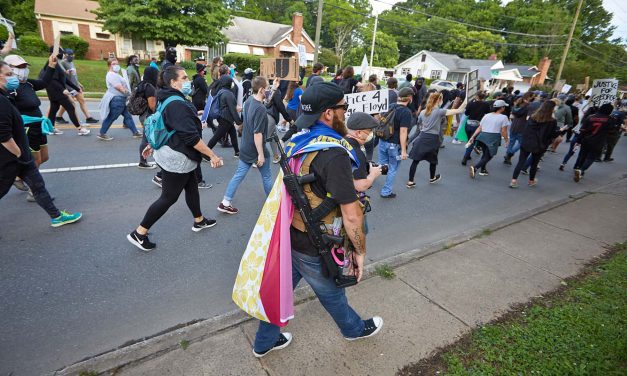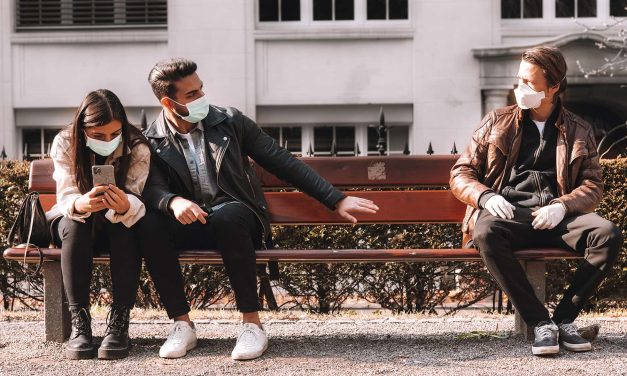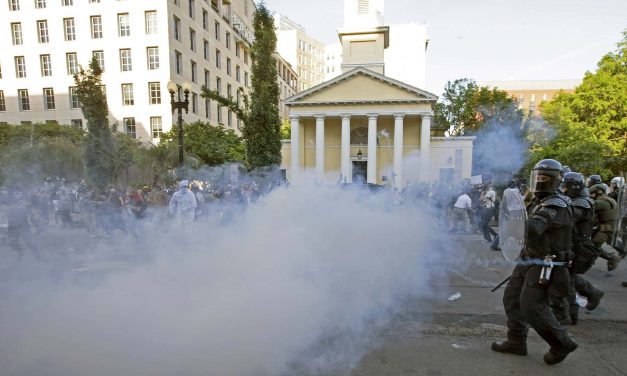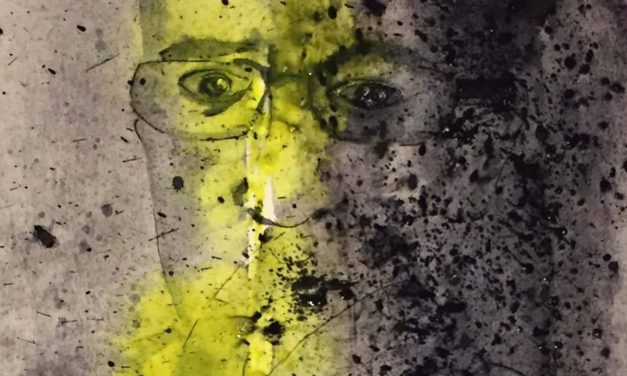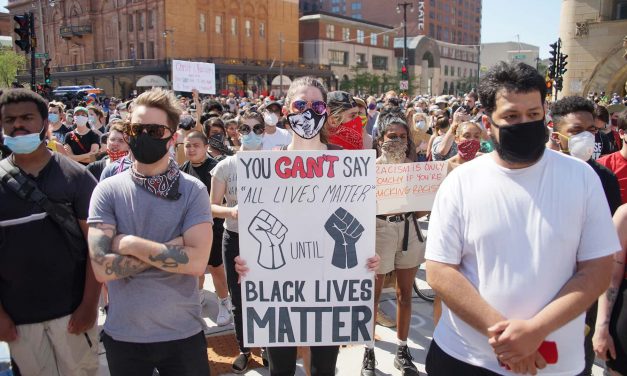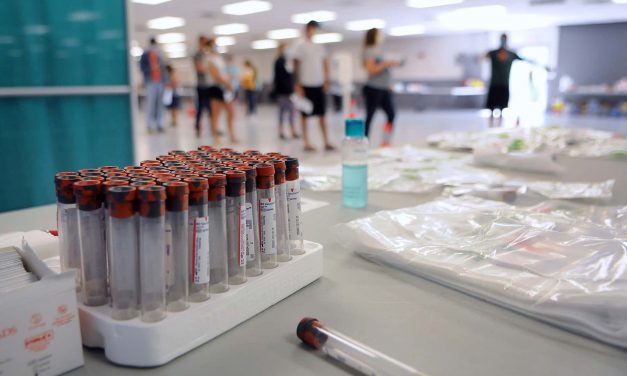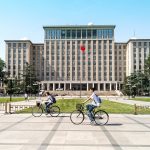Instigation and Accelerationism: Why far-right extremists protest the deaths of black people
By Matthew Valasik, Associate Professor of Sociology, Louisiana State University; and Shannon Reid, Associate Professor, University of North Carolina – Charlotte As protests about police violence among black people continue and become more widespread across the United States, certain individuals and groups have begun to stand out – including anarchists, agitators and members of a variety of far-right groups. With the country’s long history of racist killings, it may be confusing to think that racists and white supremacists are among those objecting to the killing of people of color. But people affiliated with far-right groups aren’t trying to be...
Read More
